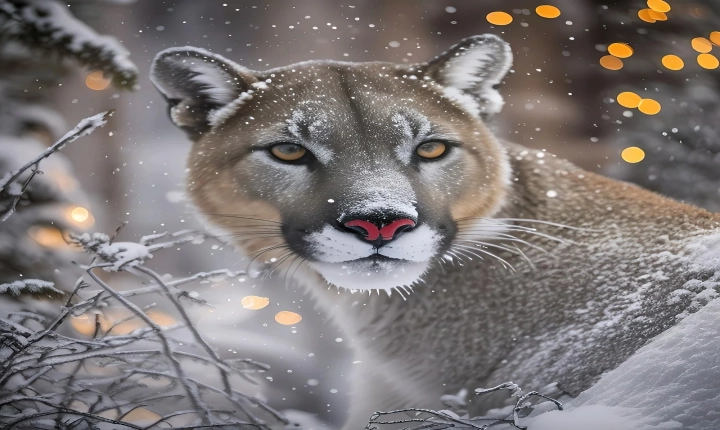Does AI Lack Creativity?
Artificial intelligence (AI) has made significant strides in recent years, achieving remarkable feats in areas such as problem-solving, data analysis, and language processing. However, when it comes to creativity, many people question whether AI truly has the capacity to exhibit genuine creative thinking. While AI has shown the ability to generate content such as music, art, and literature, the question persists: does AI lack creativity?
One of the key arguments in favor of AI lacking creativity is the notion that creativity involves originality and the ability to think outside the box. Critics argue that AI, at its core, is simply a tool that relies on predefined algorithms and data sets to generate output. While AI can mimic existing styles and patterns, the argument goes, it has not demonstrated the capacity for true, original creativity.
Furthermore, creativity is often associated with emotions, intuition, and personal experiences—elements that are deeply human and often unpredictable. AI, on the other hand, lacks the awareness and consciousness that underpin these essential human qualities. This has led many to believe that AI’s output, while impressive, lacks the depth and emotional resonance that is characteristic of truly creative works.
Proponents of AI’s creative potential, however, argue that the technology is capable of producing impressive and innovative outputs. They point to examples such as AI-generated music compositions, paintings, and even poetry—works that have successfully fooled many into believing they were created by humans. These advocates argue that the innovative nature of these creations demonstrates that AI is indeed capable of creativity, albeit in a different form than traditional human creativity.
It’s worth noting that AI’s ability to produce creative output often relies heavily on the data it has been trained on. For example, an AI system trained exclusively on classical music may struggle to produce innovative compositions in a completely different style, hindering its ability to truly exhibit diversity in creativity.
Another point of contention is the interpretation of creativity itself. Some argue that creativity is not solely defined by originality, but also by the ability to remix, reinterpret, and innovate upon existing ideas and concepts. In this context, AI’s ability to combine and remix existing data, patterns, and styles may be seen as a form of creativity in its own right.
Moreover, AI’s lack of consciousness and emotions has not prevented it from contributing valuable insights and solutions in various fields. In fields like scientific research, design, and engineering, AI has demonstrated the ability to generate novel ideas and solutions that have been lauded for their creativity and effectiveness.
In conclusion, the question of whether AI lacks creativity is complex and multifaceted. While AI may not exhibit creativity in the same way humans do, it has shown remarkable potential to generate innovative and thought-provoking content. Whether AI’s form of creativity is equivalent to human creativity is a matter of ongoing debate. As AI continues to evolve, it will be fascinating to see how its creative capabilities develop and how they are perceived in relation to human creativity.
